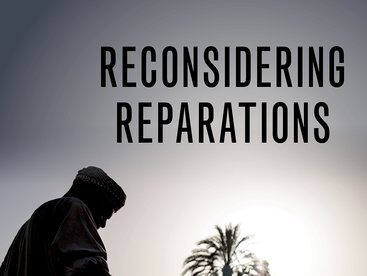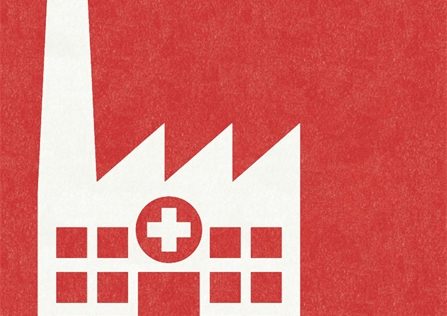
What Will Worldmaking Require?
Building on Adom Getachew’s account of anticolonial “worldmaking,” Olúfẹ́mi O. Táíwò defends reparations as a worldmaking project aimed at creating a world free from domination. Yet given this ambition, his targets for climate justice seem, if anything, too modest: why stop with eliminating tax havens or endowing the Global Climate Fund? Why not aim at the reorganization of the global economy itself, as many anti-colonial leaders once did? And if we accept these broader ambitions, what political formations might plausibly advance the project of anticolonial climate reparations?





![A pinback button for the People's Church / Iglesia De La Gente. The background of the button is light blue. At center there is a yellow cross with white accent behind it. A black chain is on either side of the cross. Black text around the top reads [People's Church]. black text around the bottom reads [Iglesias De La Gente]. The back of the button has a metal pin with a clasp.](https://lpeproject.org/wp-content/uploads/2022/05/NMAAHC-2013_68_147_001-1-450x452.jpeg)
